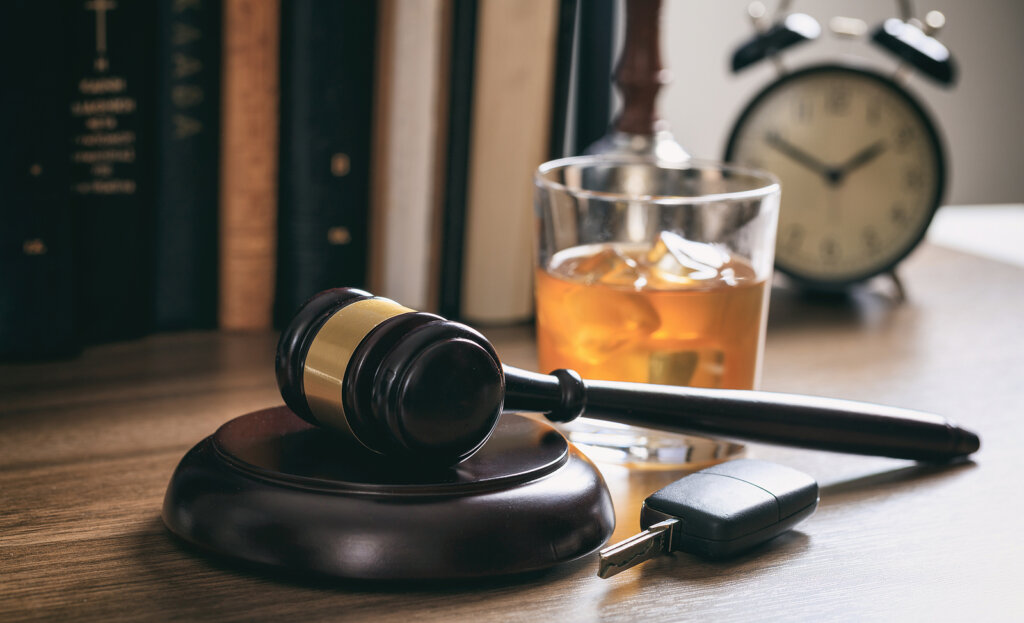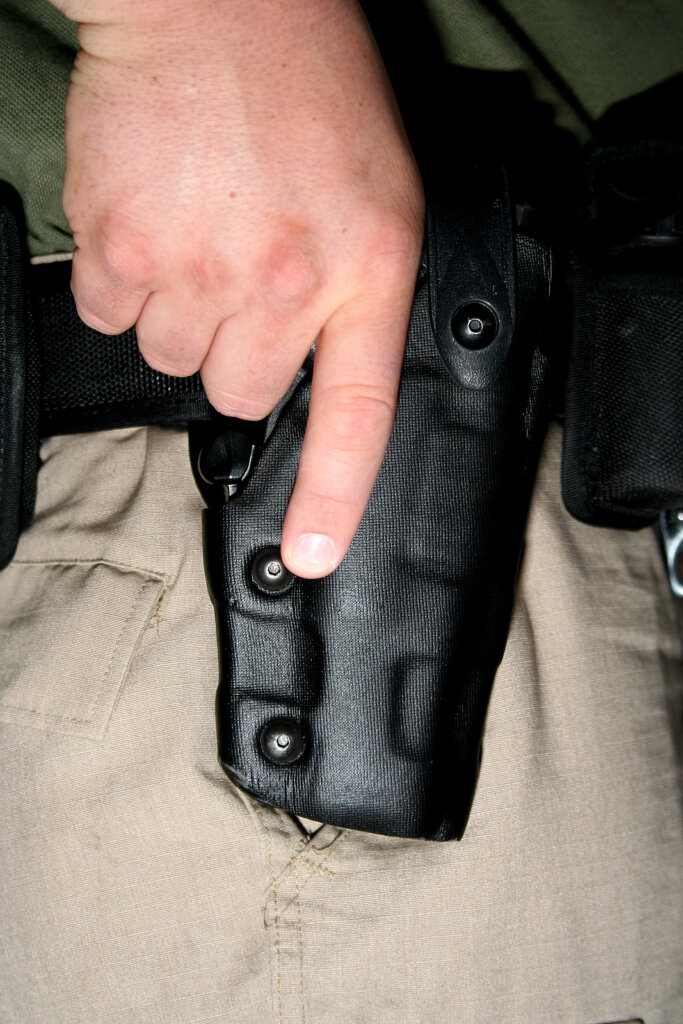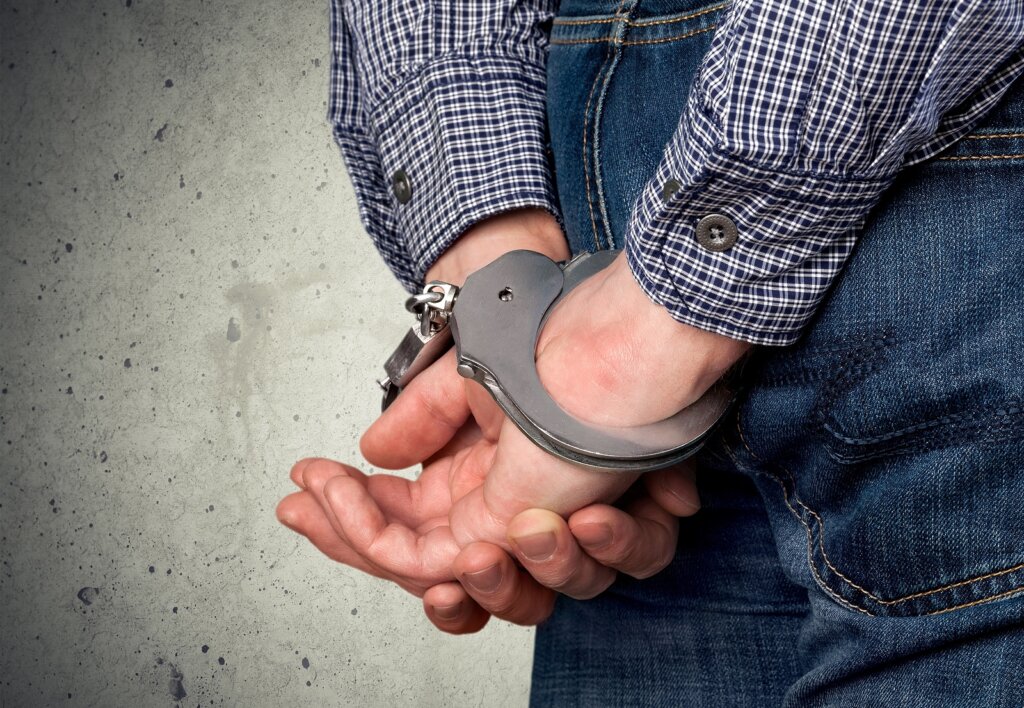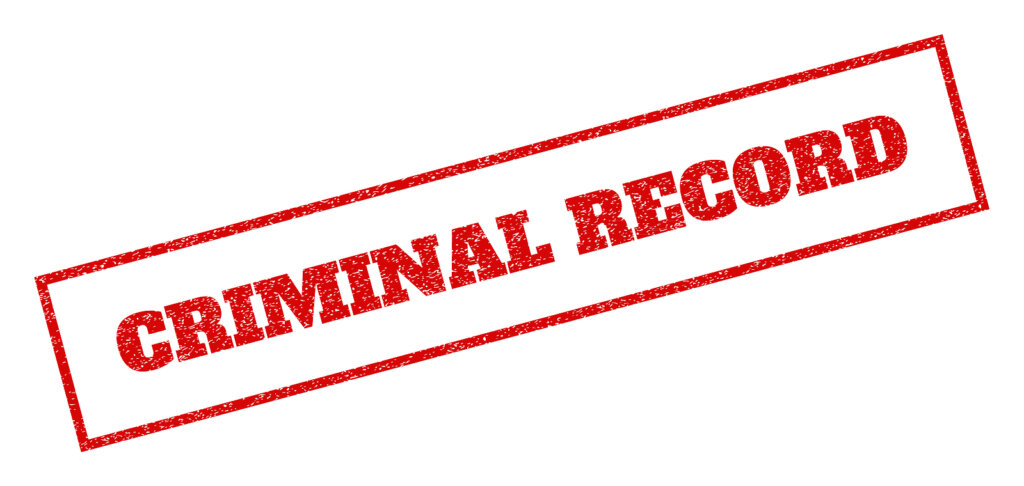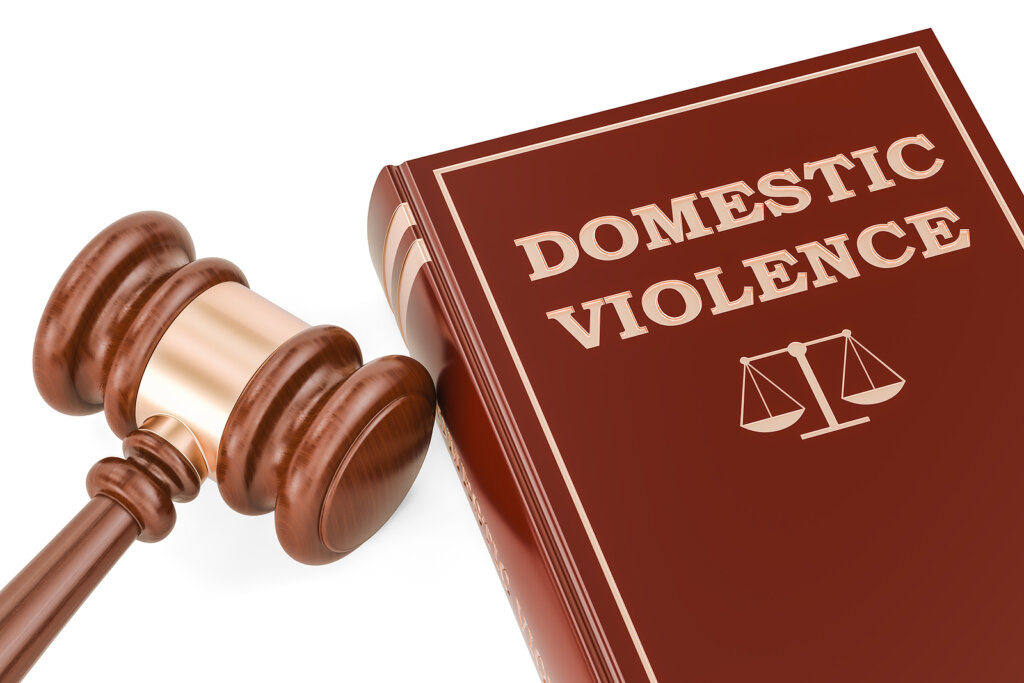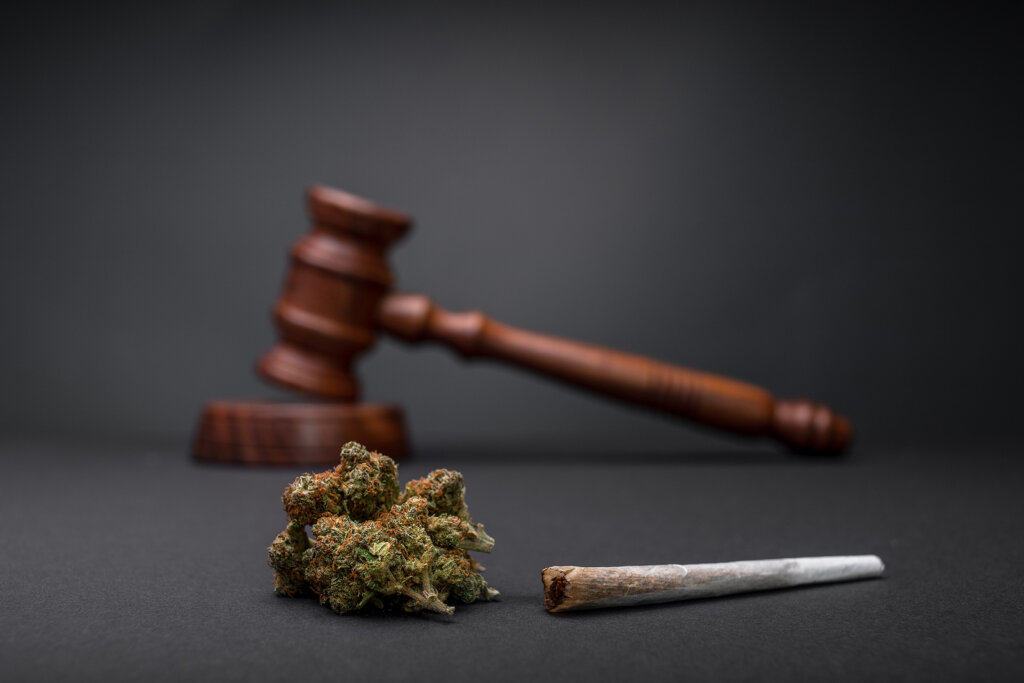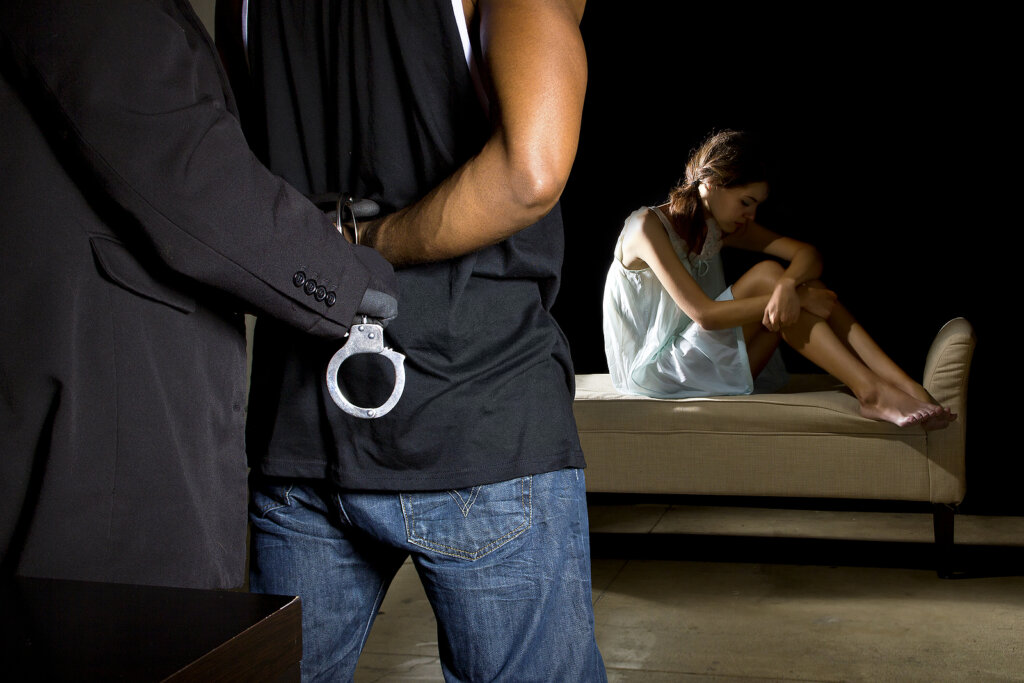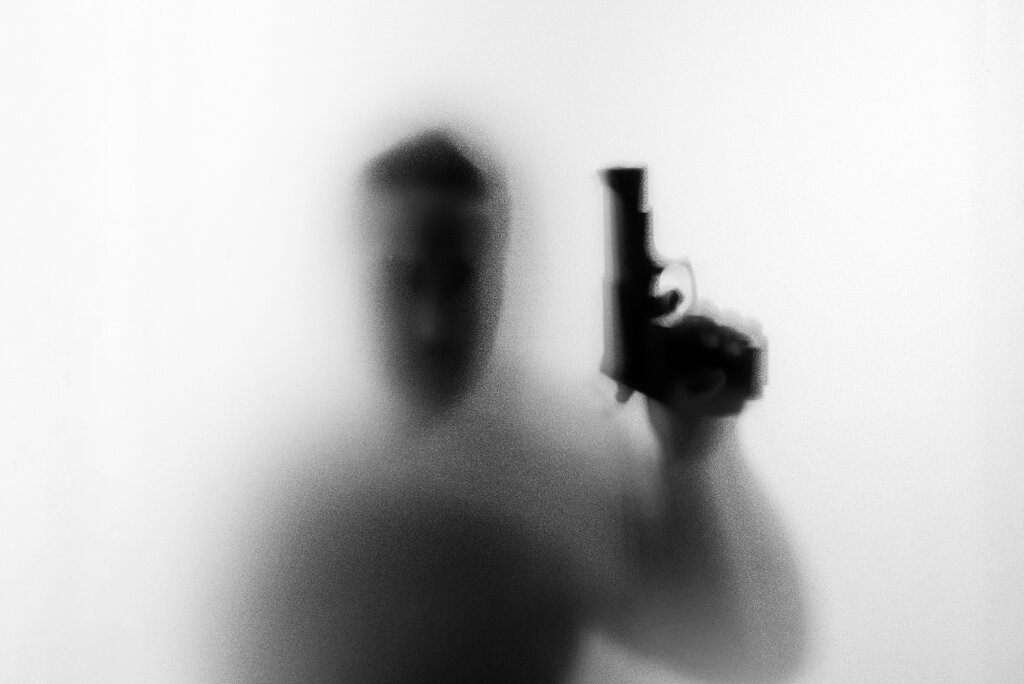Understanding Assault and Battery Charges in Nevada: Key Differences and Penalties
Although the terms “assault” and “battery” are often used together, or even interchangeably, in everyday language, they are separate criminal offenses under the laws of the State of Nevada. As such, both offenses have distinct legal definitions and penalties. If you are facing criminal charges in Nevada for assault, battery, or both, it is crucial to understand how the state defines assault and battery charges as well as what the penalties are for each if convicted. If you have specific questions or concerns about assault and battery charges in Las Vegas, contact The Vegas Lawyers today by calling (725) 217-4768 to schedule your free consultation.
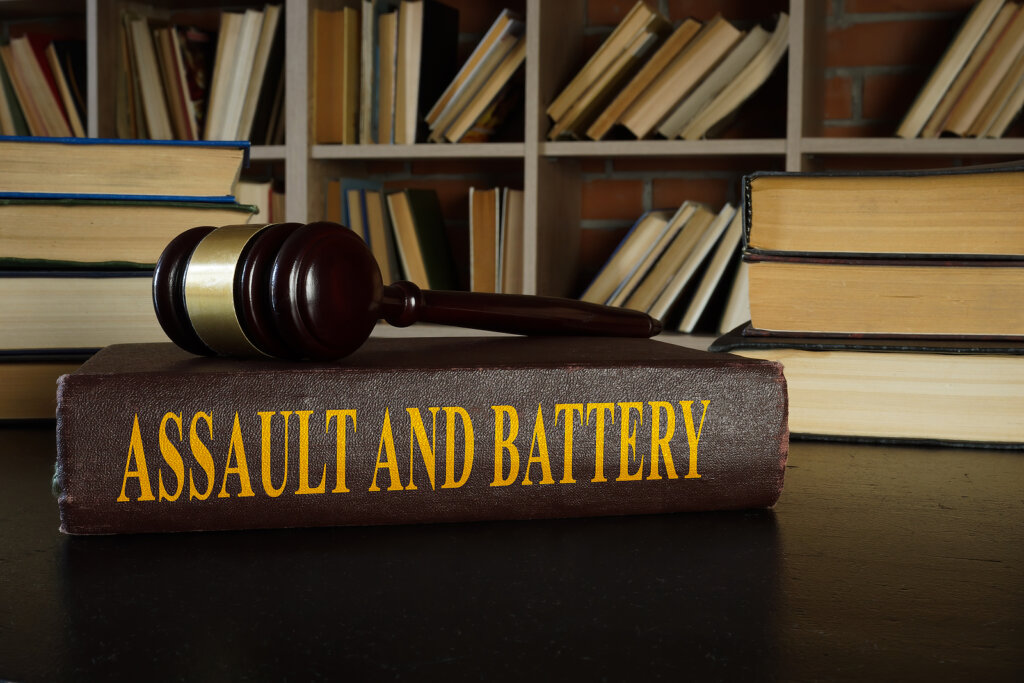
Understanding “Assault” in Nevada
In the State of Nevada NRS 200.471 governs the offense of assault, defined as unlawfully attempting to use physical force against another individual or intentionally placing someone in reasonable fear of immediate physical harm. One key difference between the crimes of assault and battery is that no physical contact is necessary for assault to occur. A raised fist, a sudden aggressive movement, or a threat that causes someone to fear “immediate physical harm” could all fall under the legal definition of assault in Nevada.
Understanding “Battery” in Nevada
Battery, on the other hand, requires actual physical contact. Governed by NRS 200.481, battery is defined as the “willful and unlawful use of force or violence against another person.” This definition encompasses a wide range of physical acts, such as slapping, punching, shoving, or striking with an object. If the accused and the alleged victim have a romantic or familial relationship, battery may be classified as battery domestic violence (BDV) under Nevada law. Although the basic elements are the same for battery and BDV, the relationship between the accused and the alleged victim can change how the case is prosecuted and the potential penalties for a conviction.
What Are the Potential Penalties for Assault and Battery Charges in Nevada?
Although they are often mentioned together, assault and battery charges are legally distinct. Assault focuses on threats or attempts to use force, while battery deals with the actual use of force. In many cases, the conduct that begins as an assault escalates to battery the moment physical contact is made, which is why the two offenses are frequently charged together. If you have been charged with assault and battery, it is imperative to understand the potential penalties should you be convicted.
In the absence of aggravating circumstances, simple assault and simple battery are both charged as misdemeanors, punishable by a jail sentence of up to six months, a fine of up to $1,000, or both. When the victim belongs to a protected class, such as law enforcement personnel, healthcare providers, school staff, or referees, assault or battery can be elevated to a gross misdemeanor, punishable by up to 364 days in jail and/or a fine of up to $2,000 if you are convicted.
Battery without a deadly weapon but involving substantial bodily injury or that is committed through strangulation is classified as a Category C felony which carries a potential prison term of one to five years and a fine of up to $10,000 if convicted.
Assault can be elevated to a Category B felony if the offense involved the use of a deadly weapon, or even the ability to use one at the time. Conviction of assault as a Category B felony carries a potential prison term ranging from one to six years, along with a possible fine of up to $5,000.
Finally, battery with the use of a deadly weapon can be charged as a Category B felony. If no serious injury occurs, you face a potential term of imprisonment of two to 10 years and a fine of up to $10,000. If substantial bodily harm results or the battery includes strangulation, the maximum prison term increases to 15 years.
Contact A Las Vegas Assault and Battery Attorney at The Vegas Lawyers
If you are facing assault and battery charges in Las Vegas, consult with an experienced Las Vegas assault and battery attorney at The Vegas Lawyers as soon as possible to discuss your legal options and defenses. Call us at 702-707-7000 or contact us online.



